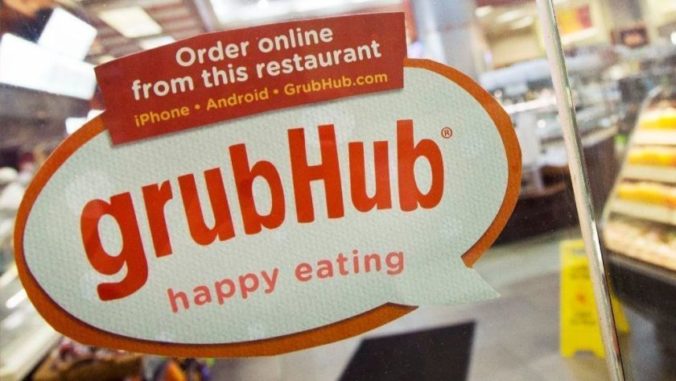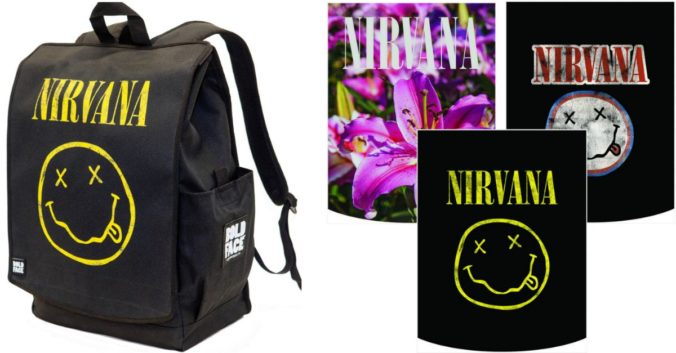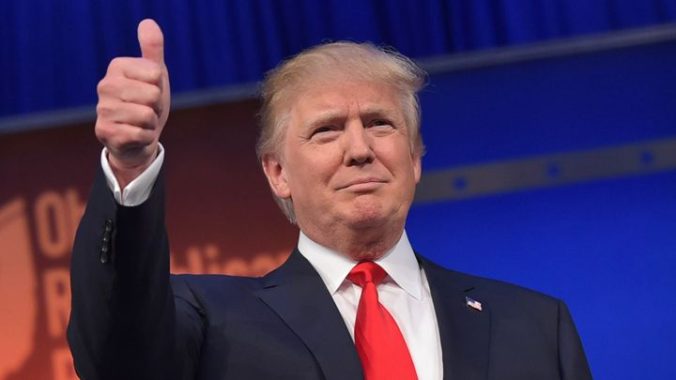January 2, 2019
On Friday, December 28, 2018, Nirvana, LLC[1] sued Marc Jacobs International, Saks Fifth Avenue, and Nieman Marcus for copyright infringement, trademark infringement, unfair competition, and false designation of origin under the Lanham Act.[2] The crux of the dispute is over a new line of clothing being introduced by Marc Jacobs dubbed “Bootleg Redux Grunge” that he intends to sell to the public at Saks Fifth Avenue and Nieman Marcus stores. In short, these “grunge” clothes are being marketed to a high-end socioeconomic demographic that is antithetical to everything Kurt Cobain and Nirvana stood for. Because of course they are.
The real dispute is over the appropriation of the iconic Nirvana “smiley face” logo and what Nirvana contends is a derivative, non-transformative use by Marc Jacobs. I will not go too in-depth on the specific claims other than to say: yes, this is an infringement and Marc Jacobs is most certainly trying to associate this clothing line with famous Nirvana trademarks and copyrighted works. It is shameless. Everyone involved should be embarrassed. Yes, including Nirvana’s own lawyers – for reasons I will address.
Of course, I am biased. Nirvana is my favorite musical group of all-time and hearing “Smells Like Teen Spirit” for the first time when I was 14 years old was nothing short of a life-changing experience. Like millions of others, I also own one of the famous “smiley face” t-shirts and other merchandise bearing that image. This is a blog about trademark and copyright law, meanwhile – so let us break down the claims made against Marc Jacobs.
Continue reading



Recent Comments